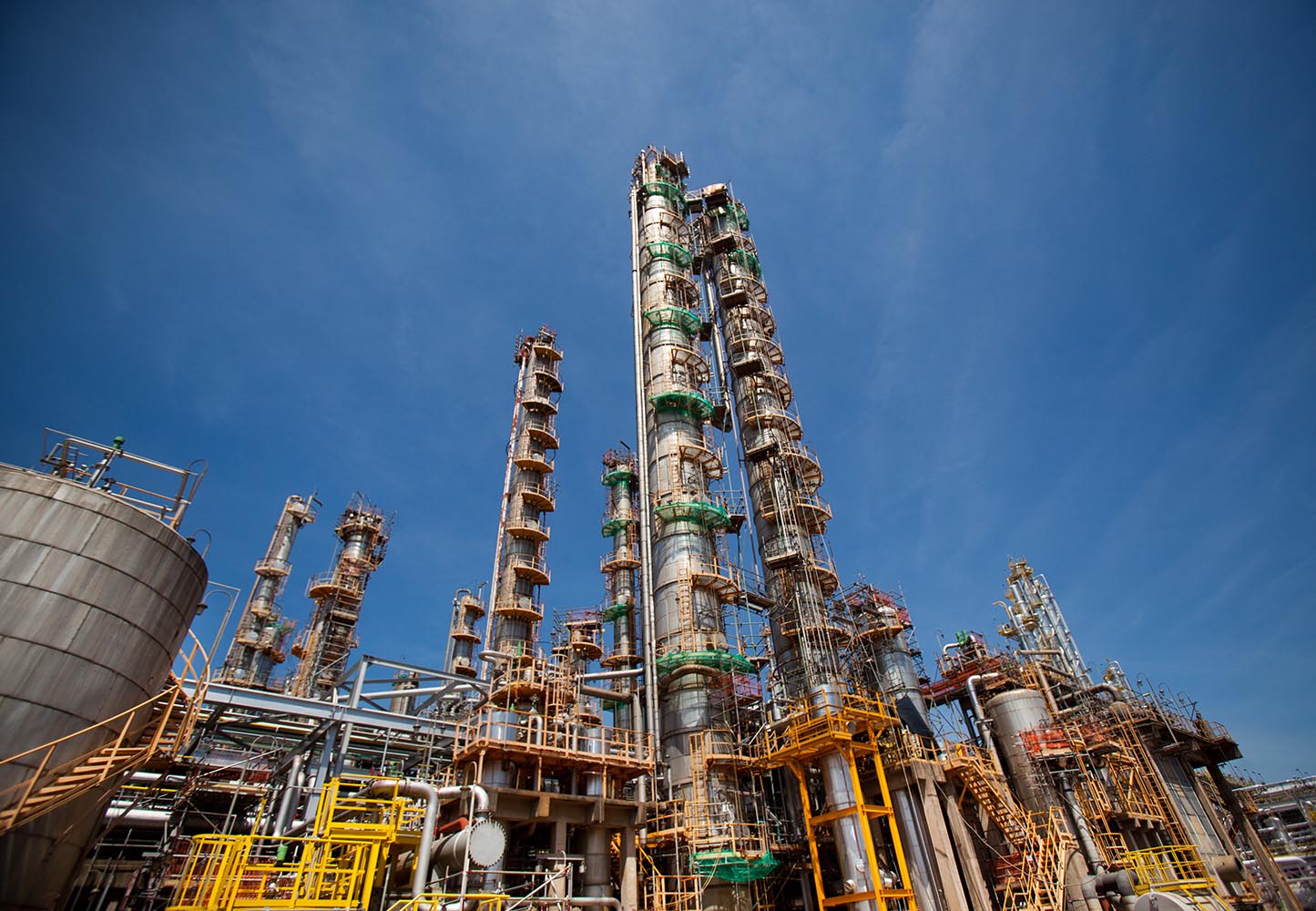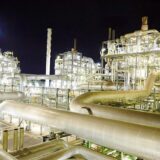
Neste and Braskem push for sustainability with new partnership
Neste, a global leader in renewable solutions, and Braskem, the largest producer of thermoplastic resins in the Americas, have announced a partnership to supply renewable and recycled feedstocks for polymers and chemicals production. Braskem’s products based on these sustainable feedstocks will be available from the fourth quarter of 2024, focusing primarily on the South American market through Braskem’s Wenew product portfolio.
“This is a very important moment for the industry. We’re introducing a new solution that will adhere to the industry’s high quality standards while ensuring sustainability right from the start of the value chain. This partnership with Neste is a significant milestone in our journey towards a circular economy,” said Fabiana Quiroga, director of Circular Economy at Braskem in South America.
Under the agreement, Braskem will manufacture polymers and chemicals using Neste RE™ feedstocks. Neste RE™ includes:
- Recycled feedstock from chemical recycling of plastic waste, helping to process materials like multi-layered or coloured plastics that are traditionally hard to recycle.
- Renewable feedstock derived from waste oils, such as used cooking oil (UCO), and residues from vegetable oil processing.
“We are excited to welcome Braskem as our partner in advancing the transformation of the plastics and chemicals industry towards more sustainable solutions,” said Jeroen Verhoeven, commercial director for Polymers and Chemicals at Neste. “We are looking forward to seeing our Neste RE solution in action in South America, reducing the dependence on virgin fossil feedstock in the production of polymers and chemicals.”
Braskem will sell polymer resins and chemicals made from Neste’s more sustainable feedstock Neste RE™: the recycled feedstock, produced leveraging plastic waste via chemical recycling, and the renewable feedstock produced by processing renewable raw materials such as used cooking oil (UCO).
Supporting a circular economy
The International Sustainability and Carbon Certification (ISCC PLUS) will verify the mass balance approach used in Braskem’s processes, ensuring traceability and sustainability throughout the value chain. This innovative solution offers climate benefits by reducing the reliance on virgin fossil feedstocks and promoting responsible resource use.
Chemical recycling plays a crucial role by enabling the recycling of difficult-to-process plastic waste, such as multi-material plastics. Products created from chemically recycled feedstocks are safe and can even be used for sensitive applications, including food-contact packaging. Braskem highlighted that ANVISA, the Brazilian Health Regulatory Agency, acknowledges the safety of chemical recycling, noting that the high-purity monomers produced through this method are indistinguishable from fossil-based alternatives.
Incorporating renewable feedstocks also supports sustainability goals. These materials, derived from waste and residues, help reduce greenhouse gas (GHG) emissions compared to traditional fossil-based production. Products manufactured from these feedstocks can contribute to sustainability across multiple industries, including food packaging, automotive, and construction.
Driving climate innovation and market expansion
Braskem’s use of Neste RE™ aligns with the company’s broader sustainability strategy, reinforcing its commitment to developing circular economy solutions. The partnership exemplifies two of the most promising approaches in sustainable manufacturing: chemical recycling and renewable raw material processing. Together, they offer substantial opportunities to reduce plastic waste while addressing the environmental impact of the chemicals industry.
Both companies emphasised the importance of innovation and collaboration in achieving their climate goals. Braskem aims to enhance sustainability across its value chain by offering customers certified sustainable products without compromising on quality or performance.













